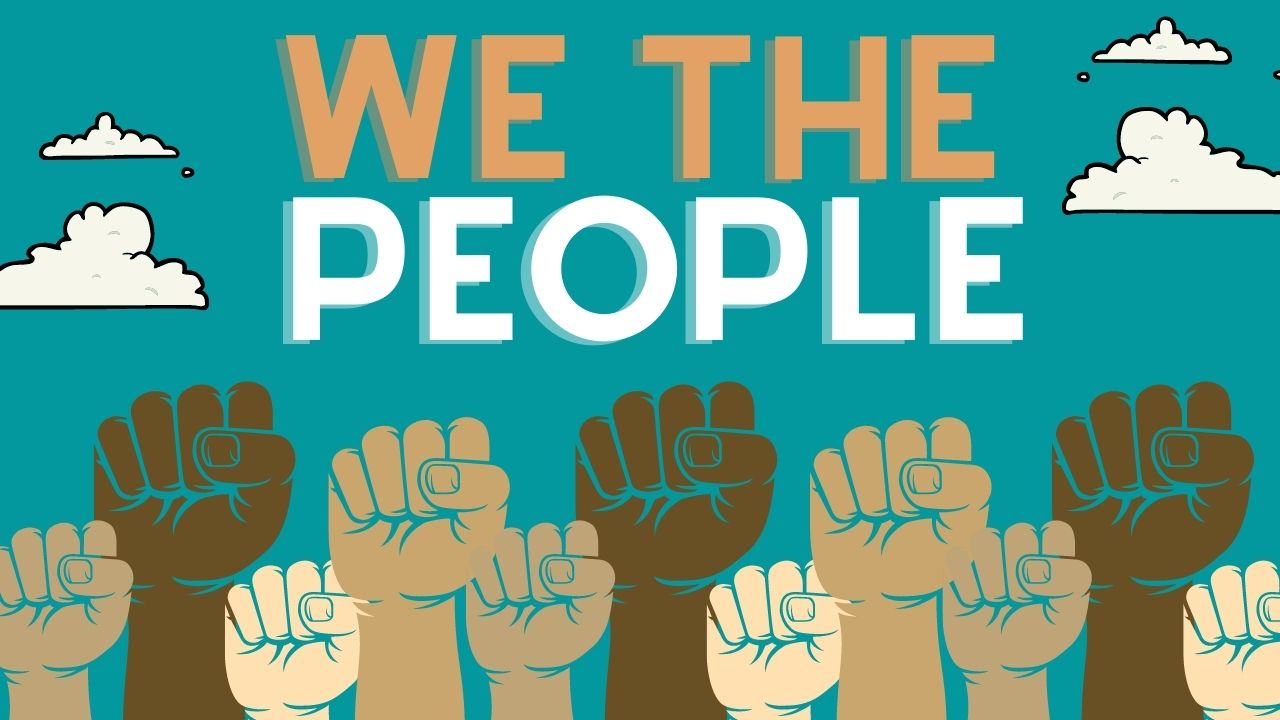
The difference between Wanton Endangerment and Murder
By: Sarah Pulkowski, Columnist
Views expressed in opinion columns are the author’s own.
After the Kentucky grand jury indicted detective Brett Hankinson for first-degree wanton endangerment Sept. 23, different movements and legislation are calling for a renovation in the justice system following this indictment.
Louisville Metro Police Officers Jonathan Mattingly, Myles Cosgrove and Hankison were serving a no-knock warrant in plain clothes when they entered Breona Taylor’s apartment on March 13, 2020.
Wanton endangerment, in layman’s terms, is carelessly putting other’s lives at risk. It is a Class D felony and punishable with up to five years in prison.
Of the multiple bullets fired by officers three were stray. These stray bullets, fired by Hankinson, are the bullets that justified the wanton endangerment verdict.
Hankinson was either poorly trained, incapable at the time, or chose to act with negligence. His actions were careless and warranted the wanton endangerment verdict. Being charged with wanton endangerment does not mean that no other wrong was carried out that night; the verdict proves that Hankinson’s stray bullets put innocent people in harm’s way.
Allowing bullets to enter neighboring apartments, while a simple warrant was being carried out, was outright criminal. It is actions like these which lead individuals to question whether officials are carrying out their duties to keep citizens safe or to perpetuate a system which takes for granted human life.
“A person is guilty of wanton endangerment in the first degree when, under circumstances manifesting extreme indifference to the value of human life, he wantonly engages in conduct which creates a substantial danger of death or serious physical injury to another person,” KRS 508.060 states.
Wanton endangerment is a less serious charge than criminal homicide.
‘“Criminal homicide” means that a person is guilty of causing the death of another human being under circumstances which constitute murder, manslaughter in the first degree, manslaughter in the second degree, or reckless homicide,”’ KRS 508.090 explains.
Judy Armour, a professor of law at the University of Southern California, explained to an LA List writer the difference between first-degree wanton endangerment and homicide.
“It’s very different than negligent homicide because there, you have a result,” Armour said. “You have a death, and then you have a negligent causing of that death. [Wanton endangerment] would be more like driving up Figueroa at 85 miles an hour during lunch time.”
Regardless of whether the courts could prove if Breonna Taylor’s death was a homicide case, the city of Louisville paid a $12 million civil judgement settlement for the wrongful death suit Taylor’s estate filed, and Kentucky agreed to make changes in police department policies and procedures.
Breonna’s Law, a bill created by Louisville Rep. Attica Scott, contains some of the changes in Kentucky police department policies that are the result of Breonna Taylor’s death and subsequent settlement. Breonna’s Law bans the use of no-knock search warrants throughout all of Kentucky, requires drug and alcohol testing of officers involved in shootings and deadly incidents, and requires body cameras be worn during all search warrants.
“[Breonna’s Mother] knew how important reform was, and she knew that the only form of justice we could get from the civil system, from a jury, [was] money,”’ Louisville-based attorney Sam Aguiar said in an interview with The Courier Journal.
The settlement being offered and accepted by Ms. Taylor’s family, in the eyes of the law, indicates that justice has been served for the death of Breonna Taylor. This does not mean that the Black Lives Matter Movement (BLM) is wasting their time by continuing to protest for the injustices that took place in Breonna Taylor’s apartment. The BLM protests are legal, justified and helping to improve the lives of Black Americans. Without BLM protests, the result of Breonna Taylor’s death may not have been as reformative.
Afterall, can the death of an undeserving person truly be compensated for with any monetary settlement? Settlement money cannot bring back the innocent. Money provided to the families of those who have been murdered cannot keep those in danger safe.
If I were offered a settlement for the death of my kin, I could not absentmindedly enjoy a thing. Every dollar I spent would be haunted. No one has won in this situation. Proactive laws should be put into place to stop the injustices against African Americans.
Changes must be made in order to rebuild a country that is safe for all Americans. Changes should happen as the result of peaceful protests and voting, but not violence.
“Every person has an idea of what justice is. If we simply act on emotion or outrate, there is no justice,” said Attorney General Cameron. “Mob justice is not justice. Justice sought by violence is not justice; it just becomes revenge…Our reaction to the truth today says what kind of society we want to be. Do we really want the truth, or do we want a truth that fits our narrative?”

